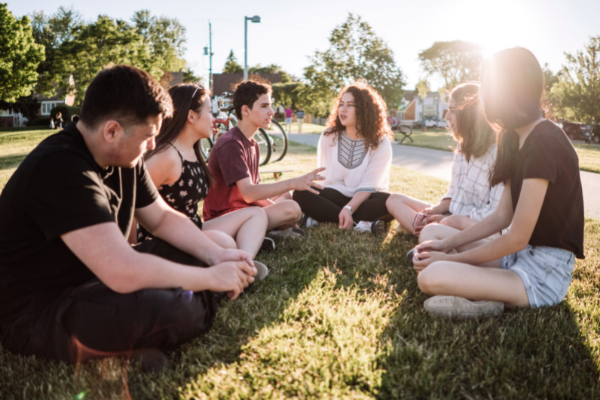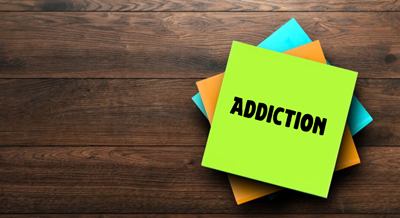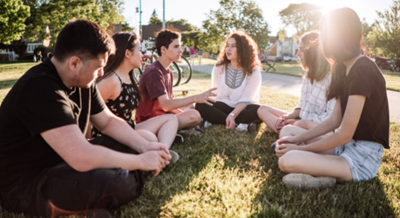MEAS (The Mature Enjoyment of Alcohol in Society) explains the complexities of underage drinking and the large increase in young people who drink under the legal age of 18. Unfortunately, the culture for teenagers in Ireland is not one where alcohol abuse and binge drinking is accepted; in fact, at times, it feels like it is almost expected. Some teenagers who do not drink say they sometimes feel like a minority group, excluded from their peers who seem obsessed with drinking alcohol at every opportunity. According to MEAS, the number of young people who reach 18 these days without drinking alcohol is so small it is difficult to measure.
Is this problem unique to Ireland?
Do we need to do anything about this attitude towards alcohol or is it just harmless fun?
The problem, although an issue for many countries, does seem to be particularly bad in Ireland. We need to examine our cultural views of alcohol consumption to explore why it is the way it is. As a society, we have a relationship with alcohol that at times can be viewed as dependent. There is a view that the designated driver on a night out is resigned to having no fun, due to their abstinence from alcohol.
Almost every social occasion in Irish life centres on alcohol. The relationship between alcohol and fun and the need for one to produce the other is engrained in the Irish psyche.
So what can we do about it?
As young people, we develop relationships with people and things as a result of our experiences of them throughout our lives. As adolescents, our main influencing factor is our peers and, as younger children, it tends to be more our parents. So, if we are to believe that the relationship that young people have with alcohol is unhealthy, then we need to look towards introducing the concept of alcohol use as opposed to alcohol misuse.
This needs to be done early and by the people who have an impact on young people’s lives. Parents need to act as role models who demonstrate appropriate alcohol use. The concept of "do as I say and not as I do" will not and does not work. Many believe that introducing young people to alcohol at home will help them respect its pleasurable and destructive powers, and they will act appropriately. Unfortunately, that is not always the case. There are reasons that under 18s are prohibited from using alcohol.
The development of the adolescent brain and emotional state is a tender and vulnerable process and needs to be treated as so. We can all see the physical difference between a 14 year old and a 19 year old. That progression is not only exterior and physical; the brain and the emotional development of the young person progress at a similar pace. Therefore, introducing large quantities of alcohol or drugs during this life stage is sure to have detrimental effects on the young person’s development.
Being a teenager is difficult enough without taking large quantities of a substance that will alter your mood, emotional state and decision-making ability.
Is alcohol harmless?
The harm from alcohol use is not always physical or anatomical. Many of the negative experiences that young people face relate to their behaviour when alcohol is consumed, rather than the damage of the alcohol in the system itself. Vulnerable young people and alcohol is never a good combination and even seemingly sensible young people can act out of character after alcohol is consumed.
So what to do? We need to examine our relationship with alcohol and address the issue at that level.
We need parents to act as role models by demonstrating appropriate alcohol use and disassociating the need for alcohol at every occasion to guarantee its enjoyment. Prohibition of alcohol has only a short-term effect of protecting young people and does nothing to address the wider issue of creating a healthy perspective to alcohol use. We need to introduce early education into schools that doesn’t just concentrate on the dangers of alcohol, but also the interpersonal difficulties that arise out of decisions made or not made when alcohol is consumed.
So, as we face into the summer and parents think with trepidation about the boozy nights ahead, consider a quiet, honest, open and frank discussion with your young person, and remember that you were that age and impressionable once. Open and honest communication may create an avenue for the young person to ask you questions about alcohol and, consequently, they may heed your advice.
Colman Noctor, Adolescent Psychotherapist with St Patrick’s Mental Health Services



